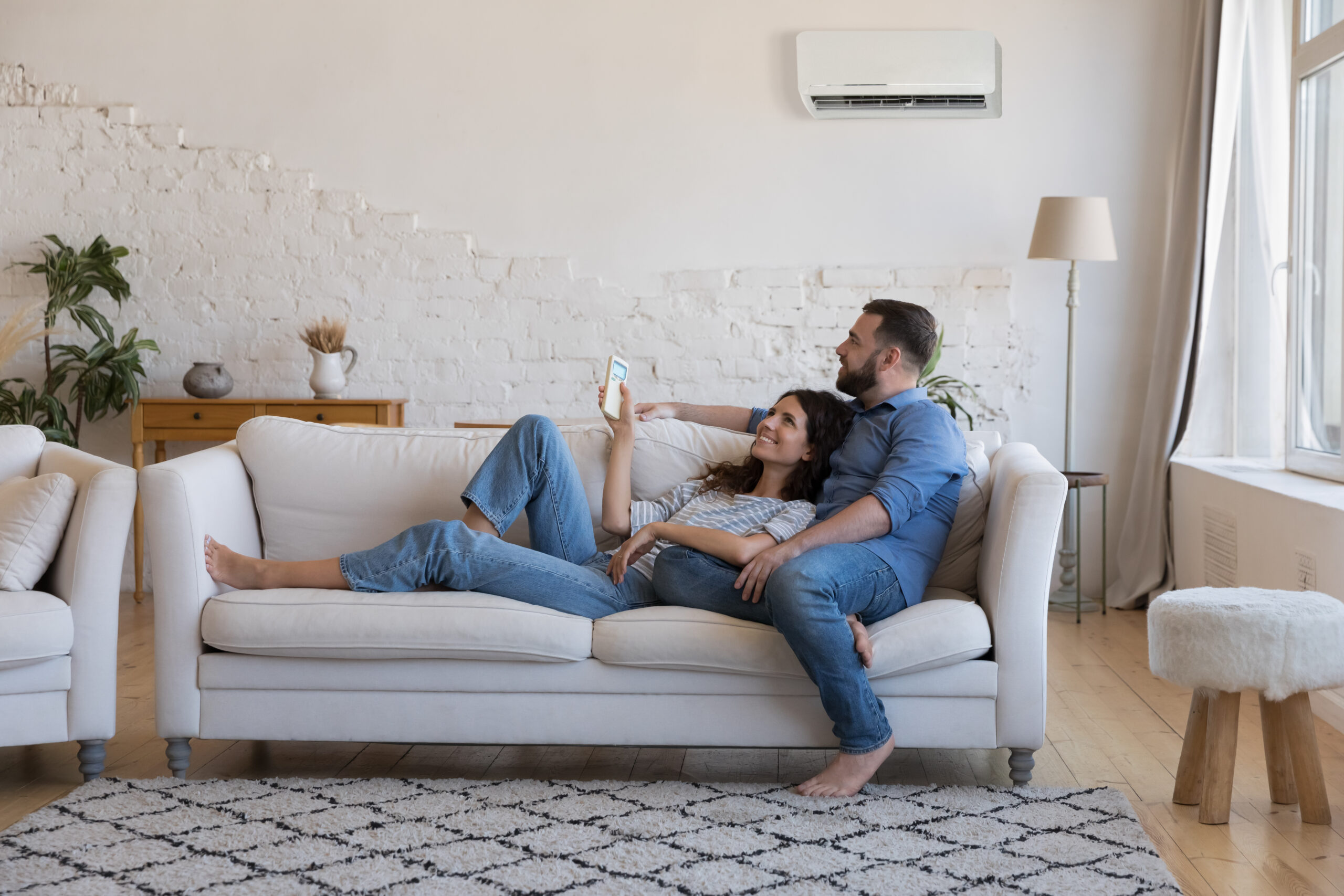The Hidden Link Between Eye Health and Sleep

The Hidden Link Between Eye Health and Sleep: How Poor Sleep Can Harm Your Vision
In today’s fast-paced world, many of us sacrifice sleep to juggle work, family, and digital overload. But what most people don’t realize is that skimping on rest doesn’t just impact your energy levels—it could also be harming your eyes.
At SightMD, we believe that understanding the link between sleep and eye health is essential to protecting your vision and overall well-being. Whether it’s dry eyes, blurred vision, or increased sensitivity to light, the effects of poor sleep on the eyes are often underestimated but incredibly real.
Let’s take a closer look at how poor sleep affects your vision, the science behind this connection, and what you can do to support both better rest and better eye health.
Why Sleep Matters for Eye Health
Sleep is your body’s natural way of recharging—and that includes your eyes. During sleep, your eyes get a much-needed break from constant exposure to light and screens. Your tear film is replenished, your ocular muscles relax, and your optic nerves get time to recover.
Unfortunately, sleep deprivation has become a growing concern in modern life. With blue light from digital devices, late-night work shifts, and stress interrupting our natural sleep cycles, more people are experiencing sleep-related vision issues than ever before.
Many patients are surprised to learn how poor sleep and blurred vision SightMD experts often diagnose can be an early sign of ocular fatigue and strain.
How Poor Sleep Affects Your Eyes
When you don’t get enough quality sleep, your eyes are among the first areas of your body to feel the impact. Here are just a few ways poor sleep can negatively affect your vision:
- Dry Eyes: Sleep is essential for maintaining a healthy tear film. Lack of sleep can reduce tear production, leading to dry, gritty, irritated eyes.
- Blurred Vision: Insufficient sleep can weaken the eye’s ability to focus, causing temporary blurriness—especially after waking up.
- Increased Eye Strain: Without adequate rest, your eyes may struggle to adjust to light, especially screens, resulting in discomfort and fatigue.
- Twitching Eyelids (Myokymia): A common symptom of sleep deprivation, these annoying spasms are often due to overuse of eye muscles.
- Worsened Symptoms of Eye Conditions: If you suffer from chronic eye diseases like dry eye syndrome, glaucoma, or blepharitis, poor sleep can exacerbate symptoms and delay healing.
If you’re struggling with dry eyes from lack of sleep, SightMD offers specialized treatments to restore comfort and improve your quality of rest.
The Science Behind Sleep and Eye Function
The connection between eye health and sleep goes deeper than tired eyes. It’s a complex relationship influenced by everything from your circadian rhythm to the structure of your sleep cycles.
Sleep Deprivation and the Ocular Surface
During sleep, your eyes are closed for extended periods, allowing the tear film to fully hydrate the cornea. When you’re sleep-deprived, this natural process is disrupted, and your eyes don’t get the restoration they need. Over time, this can damage the ocular surface and increase the risk of eye infections or injury.
The Role of REM Sleep in Eye Health
Rapid Eye Movement (REM) sleep is a critical phase in which your brain and body undergo deep restoration. It’s also the period when your eyes move rapidly under the lids—almost like a workout for your eye muscles. Studies suggest that disruptions in REM sleep can impact visual memory, nerve health, and even contribute to optic nerve stress.
Circadian Rhythm and Visual Performance
Your body’s internal clock, or circadian rhythm, plays a big role in both sleep quality and eye function. Circadian misalignment—such as from shift work or jet lag—can impair tear production, reduce contrast sensitivity, and even make your eyes more prone to inflammation.
Sleep Disorders and Eye Problems
Certain sleep disorders have been directly linked to specific eye health issues. If you’re dealing with chronic sleep problems, your eyes may be at higher risk for developing serious conditions.
- Sleep Apnea: This common disorder is associated with glaucoma, optic neuropathy, and floppy eyelid syndrome. Inadequate oxygen flow during sleep can damage the optic nerve over time.
- Insomnia: Long-term insomnia often leads to poor blinking patterns and reduced tear secretion, which aggravates dry eyes and causes visual distortion.
- Shift Work Sleep Disorder: Working odd hours disrupts natural sleep cycles, and when combined with high screen time, it can contribute to digital eye strain and retinal fatigue.
If you experience blurred vision after poor sleep, consider scheduling a comprehensive eye exam with SightMD to evaluate whether your symptoms may be sleep-related.
Tips to Improve Sleep and Protect Your Eyes
The good news? You can take simple steps to improve both your sleep and eye health at the same time. Here are some effective strategies that can make a big difference:
- Practice Good Sleep Hygiene:
- Stick to a consistent sleep schedule—even on weekends.
- Keep your bedroom cool, dark, and quiet.
- Avoid eating heavy meals or drinking caffeine close to bedtime.
- Limit Screen Time and Light Exposure:
- Stop using digital devices at least an hour before bed.
- Use blue light filters on phones and computers, especially in the evening.
- Consider investing in blackout curtains or a sleep mask to block light.
Lifestyle changes like these can greatly improve how your eyes feel in the morning—and your overall quality of life.
When Poor Sleep May Require an Eye Exam
If your eyes feel irritated or your vision seems off after a restless night or ongoing sleep disruption, it may be time to consult an ophthalmologist.
Warning Signs to Watch For:
- Blurry vision that persists throughout the day
- Redness or swelling around the eyelids
- Frequent eye twitching or spasms
- Sensitivity to light or visual distortion
- Increased discomfort after screen use
These could be signs of a sleep-related eye concern that needs professional attention. At SightMD, our expert providers offer comprehensive eye exams that can uncover underlying issues and help develop personalized treatment plans.
FAQs: Eye Health and Sleep
Yes—lack of sleep reduces tear production and increases tear evaporation, leading to dryness and irritation.
It can impair focus, increase blurriness, and even alter depth perception temporarily.
Absolutely. Sleep apnea is closely linked to glaucoma, floppy eyelid syndrome, and optic nerve damage.
Yes—rested eyes are better equipped to handle light, focus, and screen use without strain.
REM sleep helps restore ocular muscles and supports visual memory and optic nerve health.
Most adults need at least 7–9 hours of quality sleep per night for optimal eye function.
Yes—persistent vision changes may indicate a deeper issue worth evaluating with an eye care professional.
Yes—blue light can suppress melatonin and strain the eyes, making it harder to fall asleep and stay comfortable.
Protect Your Eyes by Prioritizing Sleep
Your eyes are working hard all day—and they deserve rest just as much as the rest of your body. Sleep isn’t just a luxury; it’s a vital part of maintaining clear, comfortable vision.
At SightMD, we understand the deep connection between sleep and eye health. Whether you’re dealing with dry eyes, vision distortion, or simply want to protect your sight long-term, our team is here to help.
If you’re concerned that sleep problems are impacting your eyes, don’t wait. Schedule a comprehensive eye exam today and take the first step toward restoring both your vision and your rest.


